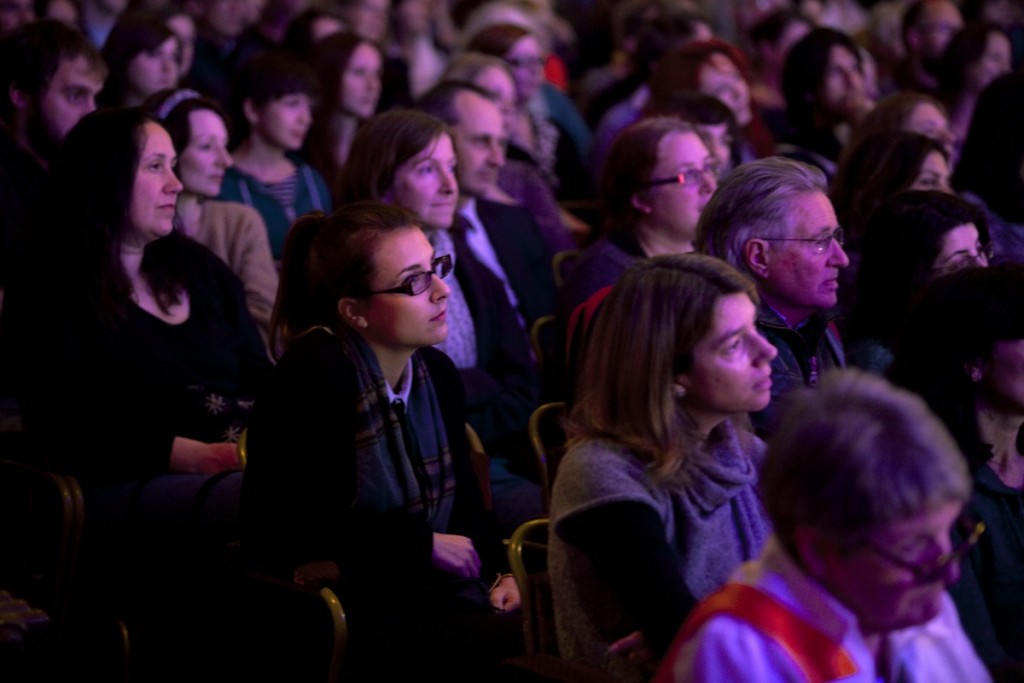
Festival Five Ws Part 1: From Charlemagne to Napoleon – The Holy Roman Empire: Peter Wilson
Ex-Ilkley Young Writer and Writing Squad member Amy Luxton explores the Whos, Whats, Wheres, Whens and Whys of the Festival!
When?
Approximately 700-1800 AD.
Who?
Charlemagne, Frankish king; Otto I, German king; Charles IV, King of Bohemia, and Napoleon Bonaparte, Emperor of the French, to name just a few.
Where?
Germany, France, Italy, Austria, Lichtenstein, once again to name just a few. Fasten your seatbelts – this is a big topic!
Why?
The Holy Roman Empire was always something that I’d heard of but never quite understood.
Mentioned in history lessons, glossed over in textbooks, it was just a lump of space and time in Europe, something that existed after the Romans and before the Victorians. The definition – ‘the varying complex of lands in western and central Europe ruled over first by Frankish and then by German kings for 10 centuries’[1] never shed much light. I’d come to assume that it was, and always would be, a gap in my knowledge, something too big to understand. Peter Wilson, professor at Oxford and expert in the field, took only an hour to turn that assumption around – and not with the who, when or where, but with the ‘why’.
The who’s, when’s and where’s of The Holy Roman Empire are vast and confusing, simply because it’s such a huge subject. Wilson, instead of shying away from these difficulties, integrated them into the ‘why’ of the topic, the broad ideals and ideas behind the empire. Why was it so big, so variable? Because the emperor was judged on ideal traits – lineage, appearance, skill in war – so there was no fixed location or leading family. Power was decentralised and flexible, balanced in varying degrees against the church. Rulers came from different ancestries and different places, and had individual control over their own territories. Latin was by no means the most consistent language, and noblemen were even known to make up their titles and ancestry – taking adaptability to a new extreme! Wilson argued that the flexibility, the constant state of flux, was the secret success of the empire. It adjusted to its times – if there were no certainties, then there were no certain defects, no certain failures. It was only in the nineteenth century, when written language and a more fixed understanding of national identity emerged, that the empire collapsed.
For me, Wilson’s was a fresh take on history, one that focused on the ‘why’ of the past, the reasons for its changing existence, more than the who, when, or where. Not understanding every concrete aspect of the empire all at once is unsurprising (the whole Holy Roman Empire in less than an hour? Credit to Wilson for even knowing where to start!) but the change and flexibility of the past was a perfect springboard to bring the key ideals and ideas to everyone in the room. No matter your level of prior knowledge, you left knowing more about Europe’s past, and, of course, thinking a little more about its future.
 Amy Luxton is a twenty-one year old graduate of English and Creative Writing at Lancaster University. Born in West Yorkshire, she was a long standing member of Ilkley Young Writers and is currently a member of the northern-based Writing Squad and enjoys working with themes of place and history in prose, poetry and non-fiction.
Amy Luxton is a twenty-one year old graduate of English and Creative Writing at Lancaster University. Born in West Yorkshire, she was a long standing member of Ilkley Young Writers and is currently a member of the northern-based Writing Squad and enjoys working with themes of place and history in prose, poetry and non-fiction.
[1] Geoffrey Barraclough, ‘Holy Roman Empire’, Encyclopaedia Britannica <https://www.britannica.com/place/Holy-Roman-Empire> [Accessed 2 October 2016]

 Support the Festival!
Support the Festival!